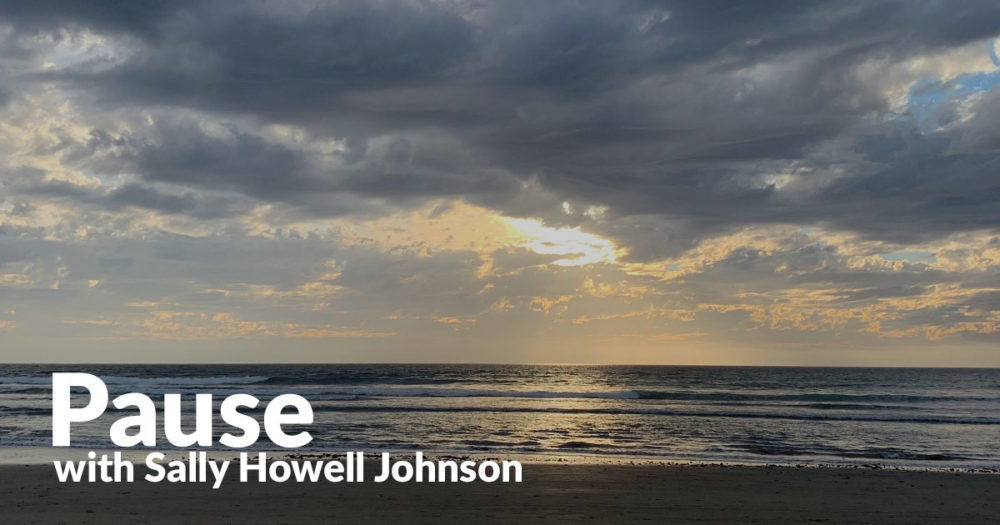In keeping with our upcoming theme for Lent of ‘Breaking’, I have been scouring books of poetry and prayers. I have been searching for the words that can define the brokenness that is a part of what it means to be human. I have also been collecting words that speak about the ways in which the breaking that inevitably happens in individuals and communities, is also the place where transformation and light shines through.
This afternoon I opened a book by biblical scholar and theologian Walter Brueggeman entitled Prayers for a Privileged People. It was a book that had been passed on to me some time ago and I had not had a chance to look through it yet. The first page I turned to was a prayer called “The State of the Union”. How odd is it that I turned to this prayer the night after the president delivered this message? All day long as I had been driving from one place to another, I had heard the speech replayed and also took in some of the many commentaries. Some, of course, thought the speech brilliant while others found it contemptible. Such is the nature of our public discourse lately.
I won’t quote the whole prayer here but will just refer to one line that reached out from the page and grabbed me by the throat: “We will embrace the buoyancy of the speech with gladness and with great dis-ease, because we know better. We know better because our Lord has told us about the lame and the blind, the hungry, the homeless, the poor, the prisoners, the ones who thirst. And we are in touch, by our baptism, with them.”
Over the years I have done a fair amount of thinking and reflecting upon baptism. Probably even too much time trying to make sense of the words we have attached to this sacrament held tightly by many, loosely by others, not at all by some. Seeing the reference to baptism in a prayer about the state of the union address was just so surprising. Certainly, not all those who are a part of this great nation practice this ritual or recognize its significance to those of us who do.. While most faith traditions have some form of welcoming people in or even absolving them of past wrong doings, baptism specifically is held by those in the Christian household. The phrase in the prayer continued to nag at me.
Later in the evening, I was thinking about what it is that I have come to hold most prominently about baptism. In this act of community, we affirm that what makes up most of our physical being, our bodies, is water. We are 60-80% water, depending upon which statistics you read. We all know that we can survive a long time without food but a very short time without water. We need to constantly be returning to our earth ‘home’ its most significant element: water. We all also entered this world after swimming in the water of our mother’s womb. In baptism, we can claim that the Holy One affirms this essential element that is our form, our sustenance and our being and delights in our birth and presence in the world. In baptism, we affirm that we are a ‘yes’ of God in the world.
And so, as we continue to grapple with what it means to be a nation with such differing ideas of who we are, one thing that can truthfully be said is that we are connected by the fact that we are all people made up of the same elements. Our skin may look different. We speak different languages. Our life experience has caused us to have a world view that defines the way we articulate our political, social and economic views. We call what we believe to be the ‘More’ in different ways or not at all.
But the water that flows through our veins and muscles, that feeds our thirst and keeps our bodies going is the state of our union. Whether we name the ways we honor this as baptism or something else, or whether we think of it seriously or not, is in some ways moot. The water that flows through me, water I see as a gift from God, is the same as that which flows through the homeless man standing at the corner,sign in hand, and the executive looking out from his penthouse view on the city at his feet. The water that flows in our rivers and oceans and is absent from those in countries sick with drought unites us all in need and want and abundance. Each time another new one slips from the waters of birth into the world, another brother or sister joins the union.
And now the question becomes how will we honor and hold in trust this state of union to which we are all a part? Whether we choose to be or not?
It is a sobering and exhilarating thought.
